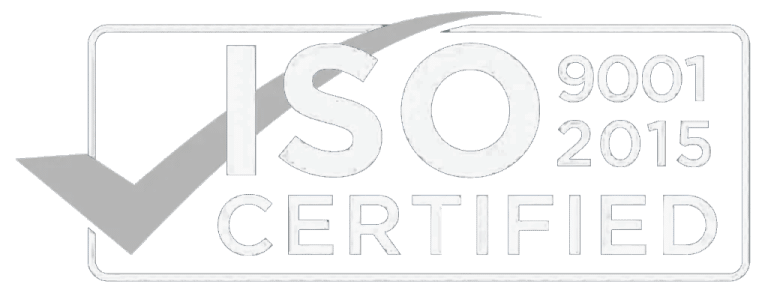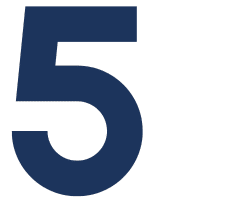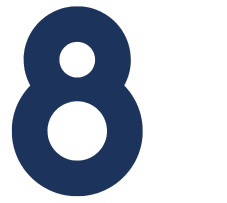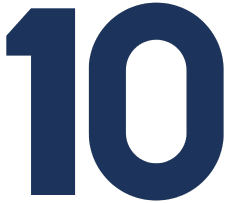Registering Food Contact Materials (FCMs) in Dubai is essential for any product intended to come into contact with food, such as packaging, containers, and utensils. This process ensures compliance with safety regulations, traceability, and proper labeling, which is enforced locally by Dubai Municipality.
While FCMs must meet the federal technical requirements under ECAS, registration in Dubai involves a straightforward process through the Montaji system and requires adherence to local documentation and testing standards.














